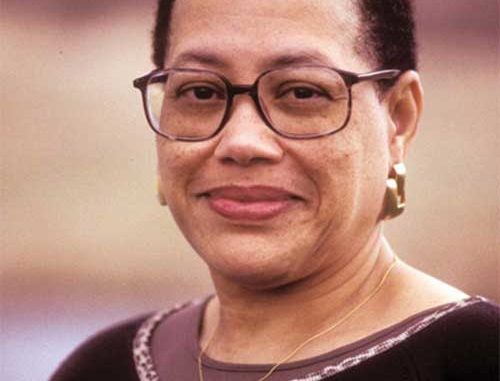
By Charlene Crowell
For as long as many people of color can remember, succeeding generations have called for justice. Despite these age-old pleas, justice is not only elusive, but frustrating since the enactment of a series of civil rights laws. Despite federal guarantees of equal treatment, much of Black America experiences something short of what was promised.
A recent settlement of a federal redlining lawsuit is yet another sign that justice is still being denied. Even worse, those entrusted in key federal agencies are willing to accept much less than what is fair or just.
On January 13, 2017 and as one of the last cases brought under the Obama Administration, the Department of Justice (DOJ) sued KleinBank, a lender in the Twin Cities’ metropolitan area with violations of both the Fair Housing Act (FHA) and the Equal Credit Opportunity Act (ECOA). The complaint said in part that from at least 2010 to 2015, “KleinBank’s discriminatory practices as described herein have been intentional and willful, and implemented with reckless disregard for the rights of individuals on the basis of their race and/or national origin.”
The January 2017 lawsuit followed a near two-year DOJ investigation that uncovered illegal redlining in neighborhoods of color. Within the metro area, lending in 78 of 97 majority-minority census tracts were excluded by the bank. Further, as KleinBank expanded to add at least seven full-service branches since 2007, not one is in a community of color.
Beyond a failure to serve all consumers, mortgage applications and approvals among consumers of color were equally disturbing. Other metro lenders surpassed KleinBank by as large a ratio as five-to-one in serving consumers of color. For example, among the 5,837 single-family residential loan applications filed with KleinBank, only 1.06 percent – 62 – came from consumers of color. Of the bank’s approved 4,392 residential mortgages, only 51 were secured in neighborhoods of color.
Unfortunately, these kinds of fair lending concerns are experienced across the nation. In 2017, 28,843 housing-related complaints were reported, according to the National Fair Housing Alliance’s 2018 Fair Housing Trends Report. Of these complaints, more than 70 percent were handled by private, nonprofit fair housing organizations.
But the federal Department of Housing and Urban Development (HUD) is charged with ensuring effective enforcement of the Fair Housing Act. Even so, HUD processed less than five percent of last year’s complaints – about 1,311. Further, DOJ brought only 41 cases from the 6,896 complaints forwarded by Fair Housing Assistance Program agencies.
The Home Mortgage Disclosure Act is the nation’s most comprehensive mortgage lending report for its inclusion of data on lending by race and ethnicity. It too will be under review by the Consumer Financial Protection Bureau and appears to be in jeopardy. Currently, this annual report informs the housing industry as well as consumers as to remaining disparities and challenges. Without its detailed data, fair housing measures would be watered down.
When government offices charged and entrusted to enforce laws fail to fulfill their full duties, laws enacted to end discrimination become meaningless. If HUD turns away from fair housing enforcement, as recent actions taken by the agency indicate, or DOJ settles for far less than the law allows or what has even occurred as precedent, none of us should stay silent in the face of these failures.
“It has been 50 years and the Fair Housing Act still has not been fully implemented,” noted Lisa Rice, President and CEO of the National Fair Housing Alliance. “We cannot build a thriving society as long as our nation is plagued by discrimination, segregation, and severe economic inequality.”

Be the first to comment